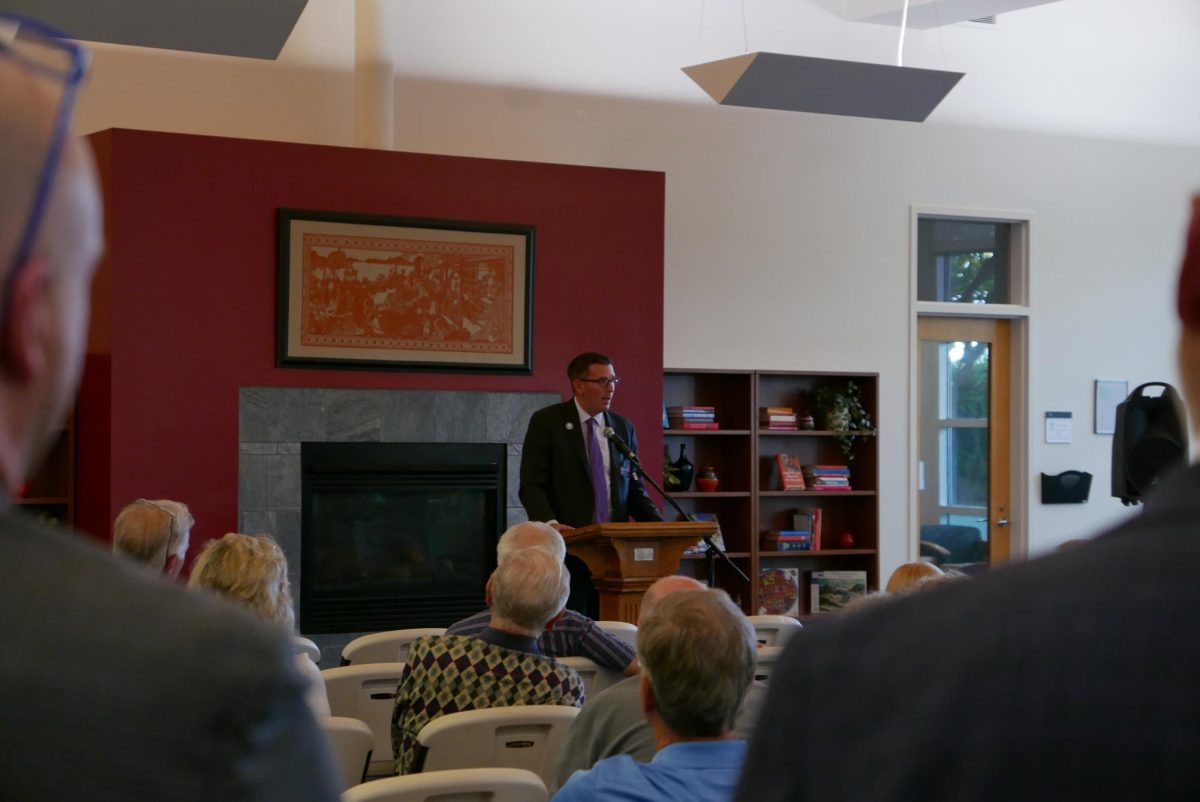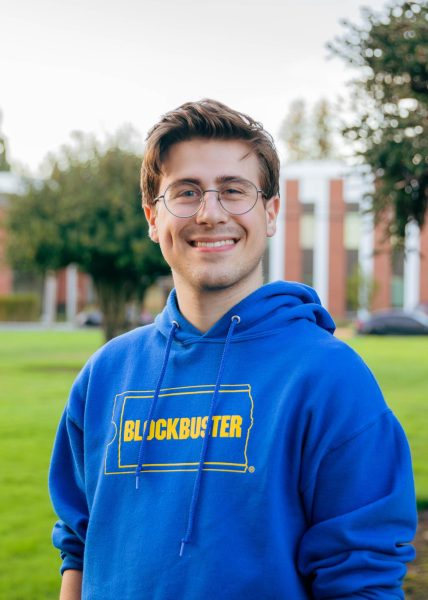On March 7, more than 500 students, researchers and supporters gathered near the steps of the Oregon state capitol in Salem as part of a national scientific advocacy effort.
The event constituted one part of a national grassroots effort under the “Stand up for Science” movement, largely organized by academic figures around the country in response to recent budget cuts to the federal government by the Trump administration.
The event’s speakers included lead organizer Brittany Barker, Rep. Andrea Salinas (D-OR) and several former federal workers fired due to the budget cuts.
The cuts included the National Institute of Health, which announced it would limit indirect funding for laboratories that receive federal research grants to 15%, cutting more than a billion dollars for medical research, according to NBC.
Furthermore, the Trump administration has been engaging in cost-cutting measures including offering buyouts to federal workers and removing others outright, like probationary federal employees. The agencies affected include the National Institutes of Health, the Centers for Disease Control and Prevention, the Food and Drug Administration and more.
Sophomore Spider Wence, co-president of the Linfield environmental club and an environmental science and biology major, attended the protest.
“The current administration has taken a very ignorant standpoint and chosen to take a lot of hostile actions towards scientific research in this country,” said Wence. “They chose to misrepresent important studies… like saying ‘transgender mice’ when the study was about transgenic mice, which are used for cancer and Alzheimer’s research.”
Many in the crowd at the event were scientists who either have been or would be affected by federal defunding efforts. One portion of the protest saw several students at the undergraduate and graduate levels go up and speak about their experiences. A large portion of the crowd was made up of students from surrounding universities like Willamette University, the University of Oregon, Oregon State University and Western Oregon University.
Another Linfield student who attended was sophomore Caroline Smith. Smith is a biology major and a chemistry and bioinformatics minor.
“I thought the event was really cool,” said Smith. “I was surprised at how many people were there, I expected much less. I liked how they had speakers from so many different areas of science. At the end of the day, science saves lives. Defunding science is defunding research that goes into rare diseases, medication trials and environmental stuff. We can’t survive on a dead planet, and knowledge is power.”
One chant used several times throughout the protest was “science, not silence,” something Wence said is integral to research in the natural sciences.
“In the natural sciences, a lot of funding comes from the government,” said Wence. “There are two reasons why this funding is important, one being that you get much less bias when the research comes out. Two, there have been time and time again when companies have known what they are doing is harmful because of their own research, but because of financial incentives, they haven’t done anything. It’s not that private companies can’t do the right thing; we just need a range of sources.”








